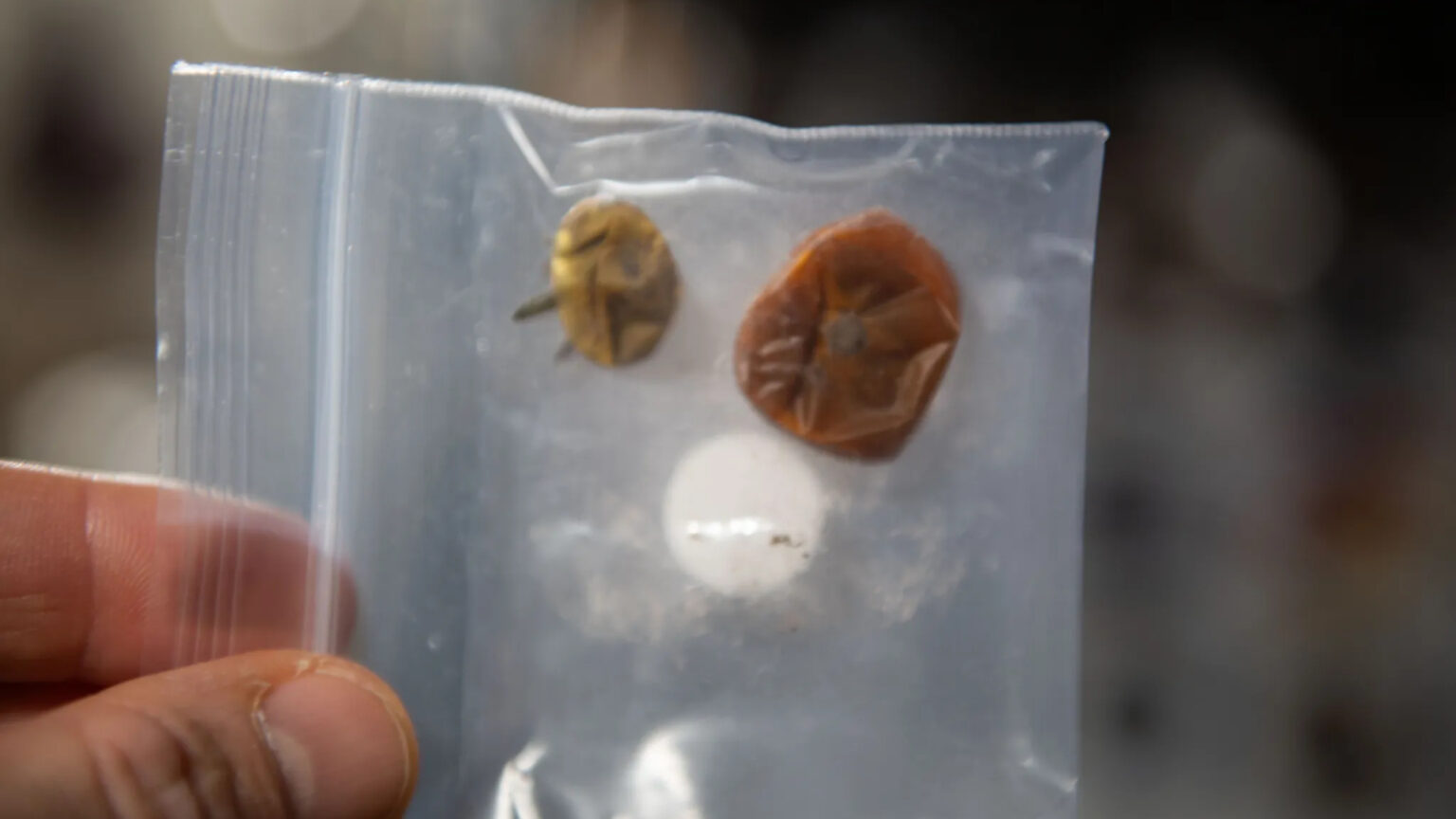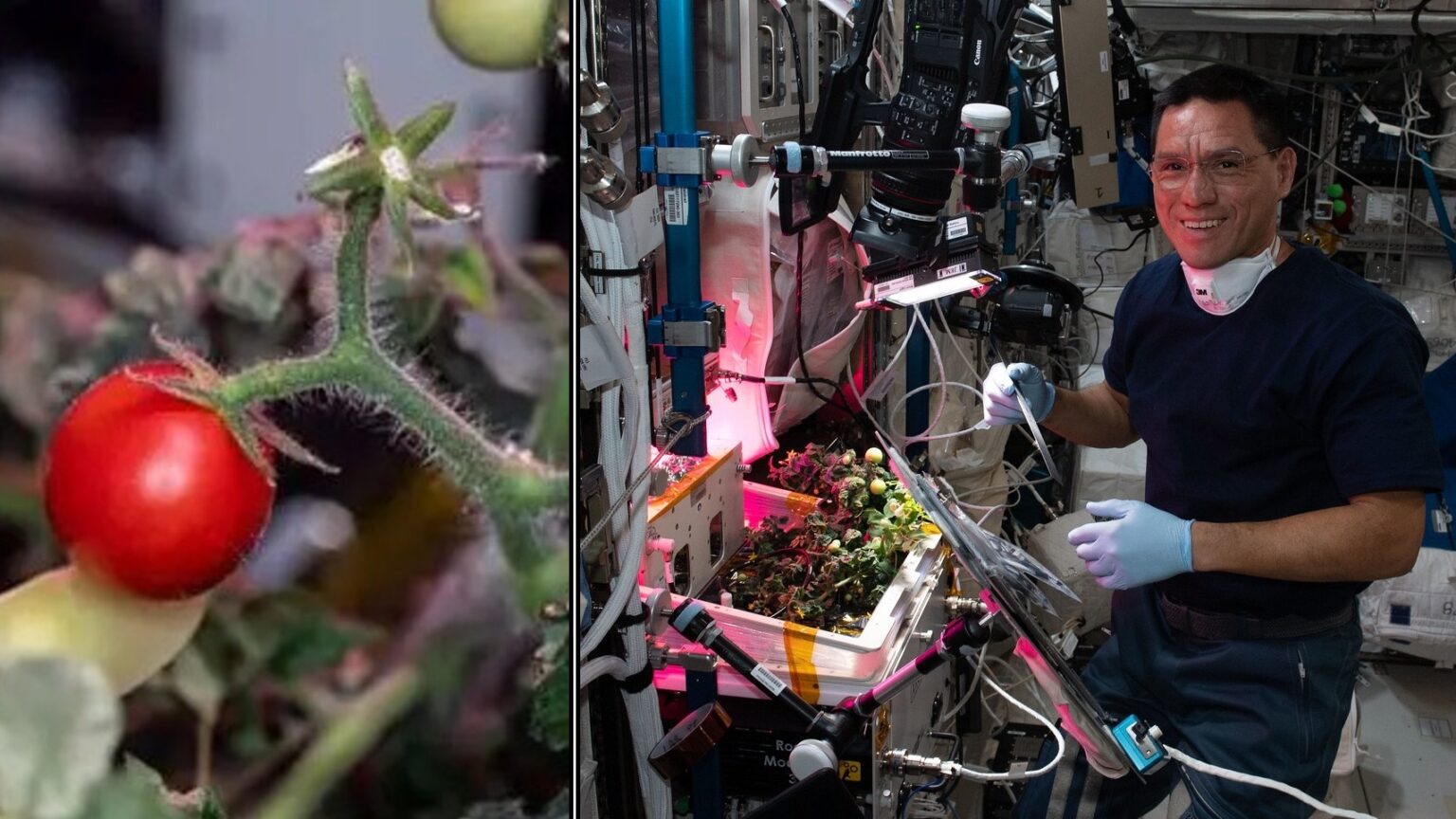Astronaut Frank Rubio accidentally lost two tomatoes on the International Space Station (ISS) during an experiment in 2022. These vegetables were accidentally found eight months later by the next team (Expedition 70). Recently, NASA released pictures of this funny discovery.

The vegetables were found in a sealed plastic bag, dehydrated and slightly flattened, but with no visible signs of microbial or fungal growth. Although almost a year has passed since the tomatoes disappeared, they have only changed color due to moisture loss. The discovery was part of a larger study aimed at growing food in space.

Frank Rubio harvested tomatoes in 2022 as part of the XROOTS experiment, which uses hydroponic and aeroponic methods to grow plants without soil. This research is important for developing food production methods for future space missions to the Moon and Mars. In addition, there are other experiments (such as VEG-05 and Planet Habitat-03) aimed at producing different foods and studying the genetic adaptation of plants to space.
Plants in space are not just food
An important part of this research is not only to provide astronauts with fresh food, but also to study the impact of growing plants in space on the psychological state of astronauts. It has been found that time spent in the garden on the ISS has a positive effect on well-being and boosts crew morale.
The overall goal of such experiments is to develop technologies that can be used to meet not only the physical but also the psychological needs of crews during long space missions. They become an important step in preparing for future exploration of the Moon and Mars, where the availability of natural food and psychological support will be among the key tasks.
Earlier, we reported on how flies will help NASA grow food on Mars.
Based on the materials of Space

